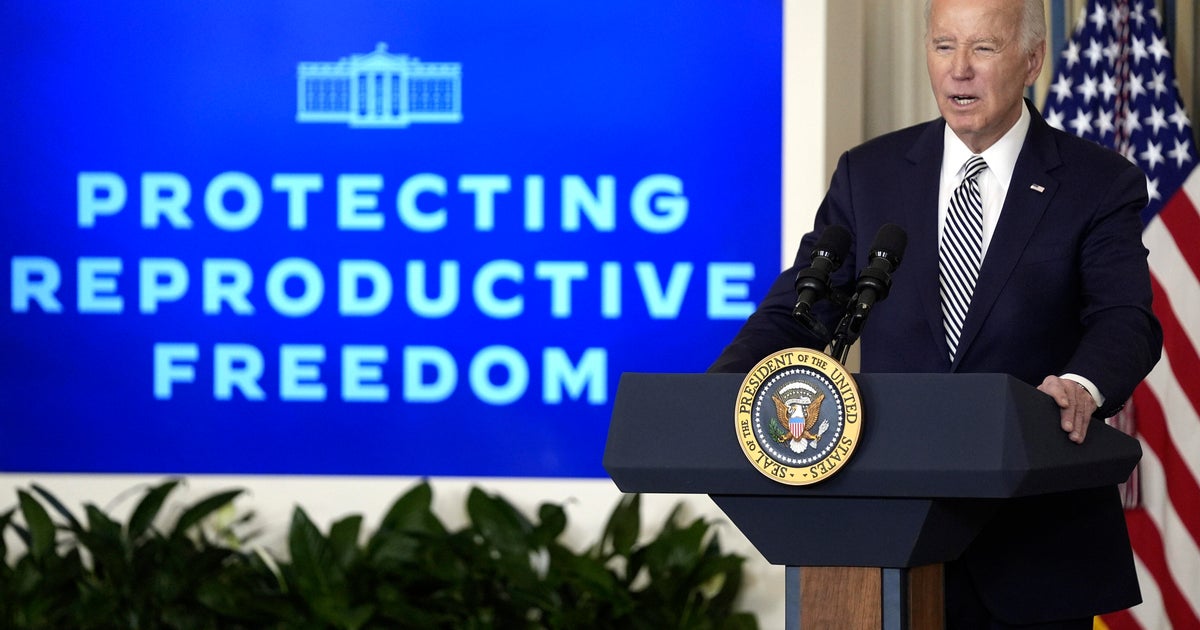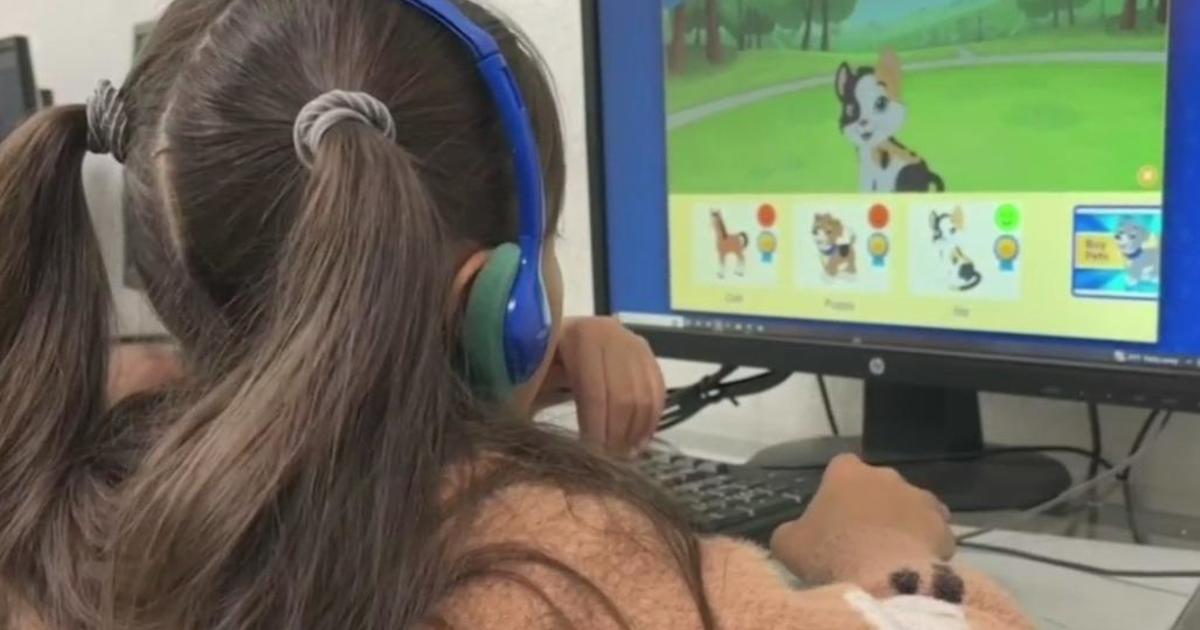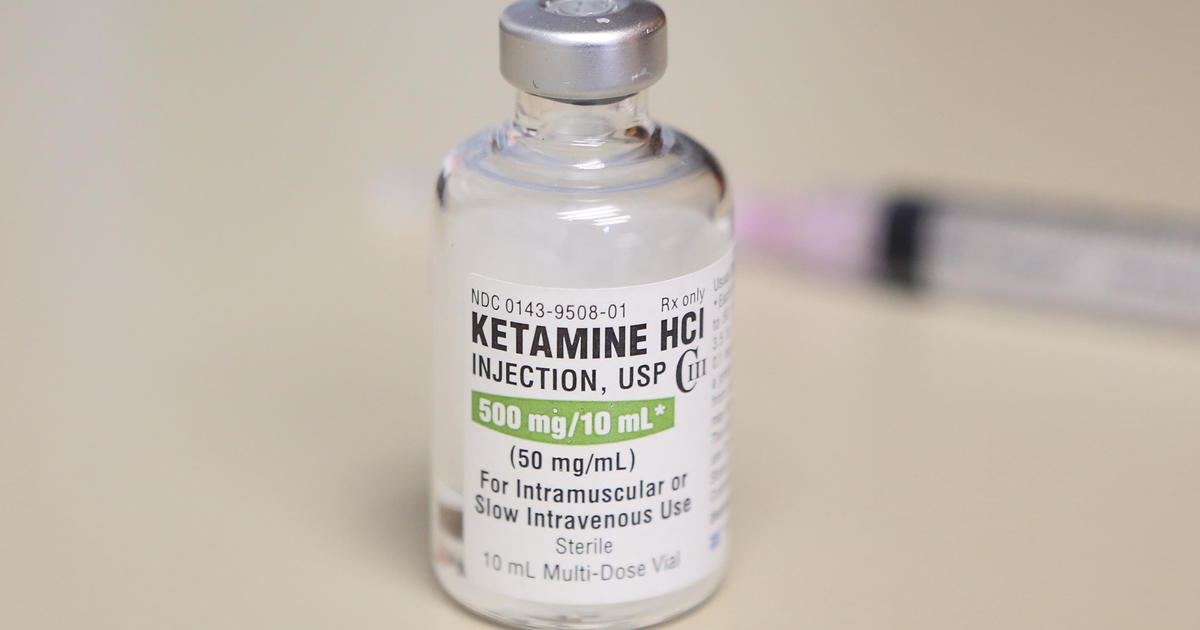Florida House Set To Expand School Vouchers; Opponents: Expansion Would Shrink Public School Funding
TALLAHASSEE (CBSMiami/NSF) -- The Florida House is poised to pass a proposal that would greatly expand eligibility for the state's school-voucher programs, as opponents argue the expansion would shrink funding for public schools.
The House on Tuesday took up the proposal (HB 7045), positioning it for a vote on Wednesday.
The measure, in part, would consolidate the Gardiner and McKay scholarship programs, which serve students with special needs, with the Family Empowerment Scholarship program, which serves a broader population of low- to middle-income families.
It also would remove a requirement that students receiving vouchers be previously enrolled in public schools. That would open up eligibility to home-schooled students, for instance, to receive vouchers.
The proposal also would make siblings of students currently receiving vouchers and children of military members eligible to receive vouchers.
"What this bill does is three things: It's going to make more children eligible for school choice, it's going to provide them with more money for their school choice options, and it is going to provide more flexibility in how they take advantage of those options," bill sponsor Randy Fine, R-Brevard County, said Tuesday.
Fine changed the proposal Tuesday to increase the maximum income eligibility to receive vouchers to 375 percent of the federal poverty level. That means a family of four making nearly $100,000 a year would qualify.
Rep. Omari Hardy, D-West Palm Beach, pushed back on the idea families earning that level of income should receive taxpayer-funded vouchers for private school tuition.
"To the extent that a family is earning nearly 400 percent of the federal poverty level, is that a family that the state should be subsidizing a private education of their children for?" Hardy asked.
Fine defended the increase during debate on the House floor.
"I do not believe people should be punished for being successful. And while many people who are at that 375 percent line might be making right under $100,000 --- coming up with ($6,000 or $8,000) or $10,000 of after-tax income in order to send their child to a private school is quite difficult," Fine said.
Under the bill, priority for vouchers would be given to families whose incomes do not exceed 185 percent of the federal poverty level, or roughly $49,000 for a family of four, and students in foster care.
Opponents of the bill have contended that expanding vouchers would erode funding for traditional public schools and that private schools receiving voucher money aren't accountable under the same standards as public schools.
The measure would allow Family Empowerment Scholarship vouchers to be spent on such things as digital devices and internet expenses in addition to private school tuition. Students with special needs who receive vouchers could spend that money on a wider range of expenses including specialized therapies, something that is currently allowed for Gardiner Scholarship recipients.
Rep. Robin Bartleman, D-Weston, questioned why the measure would allow "our K-12 funding to go into a prepaid savings account."
Fine, who is the House PreK-12 Appropriations chairman, pointed to a proposed $464 million in the House's recommended education budget intended to fund the voucher proposal. Fine said he recommended the funding "in order to cover the cost of what we anticipate happening under this bill." He argued that addresses concerns about diversion of money from public schools.
Whether that money will make it into the final state budget is uncertain, as House and Senate education budget chiefs hit a snag in negotiations this week. Unresolved spending issues will be decided by legislative leaders.
Rep. Carlos Guillermo Smith, D-Orlando, raised a concern that private schools could raise tuition rates in response to the bill and whether that had been taken into account.
Fine responded that the measure does not set tuition at certain amounts for schools.
"However, private schools have to compete in the private marketplace, and so if they increase their scholarship amounts beyond what folks have the ability to pay with their voucher, then they are going to simply lose those students," Fine said.
As the House is poised to pass its school-voucher measure, a similar proposal could be taken up on the Senate floor Wednesday.
The measure (SB 48), sponsored by Sen. Manny Diaz Jr., R-Hialeah, would consolidate the state's five major voucher programs into two. One program would serve special-needs students and would be known as the McKay-Gardiner Scholarship program.
Marked differences between the House and Senate proposals remain, notably that the Senate bill would establish all of the state's voucher programs as "education savings accounts" that could be used on a range of purchases beyond tuition.
Under the Senate plan, the broader population of students would be served by the Family Empowerment Scholarship program, which would absorb the Tax Credit Scholarship and Hope Scholarship programs. The Tax Credit Scholarship program provides tax credits to businesses that help fund vouchers, while the Hope Scholarship program offers vouchers to students who have been bullied.
(©2021 CBS Local Media. All rights reserved. This material may not be published, broadcast, rewritten, or redistributed. The News Service of Florida's Ryan Dailey contributed to this report.)



